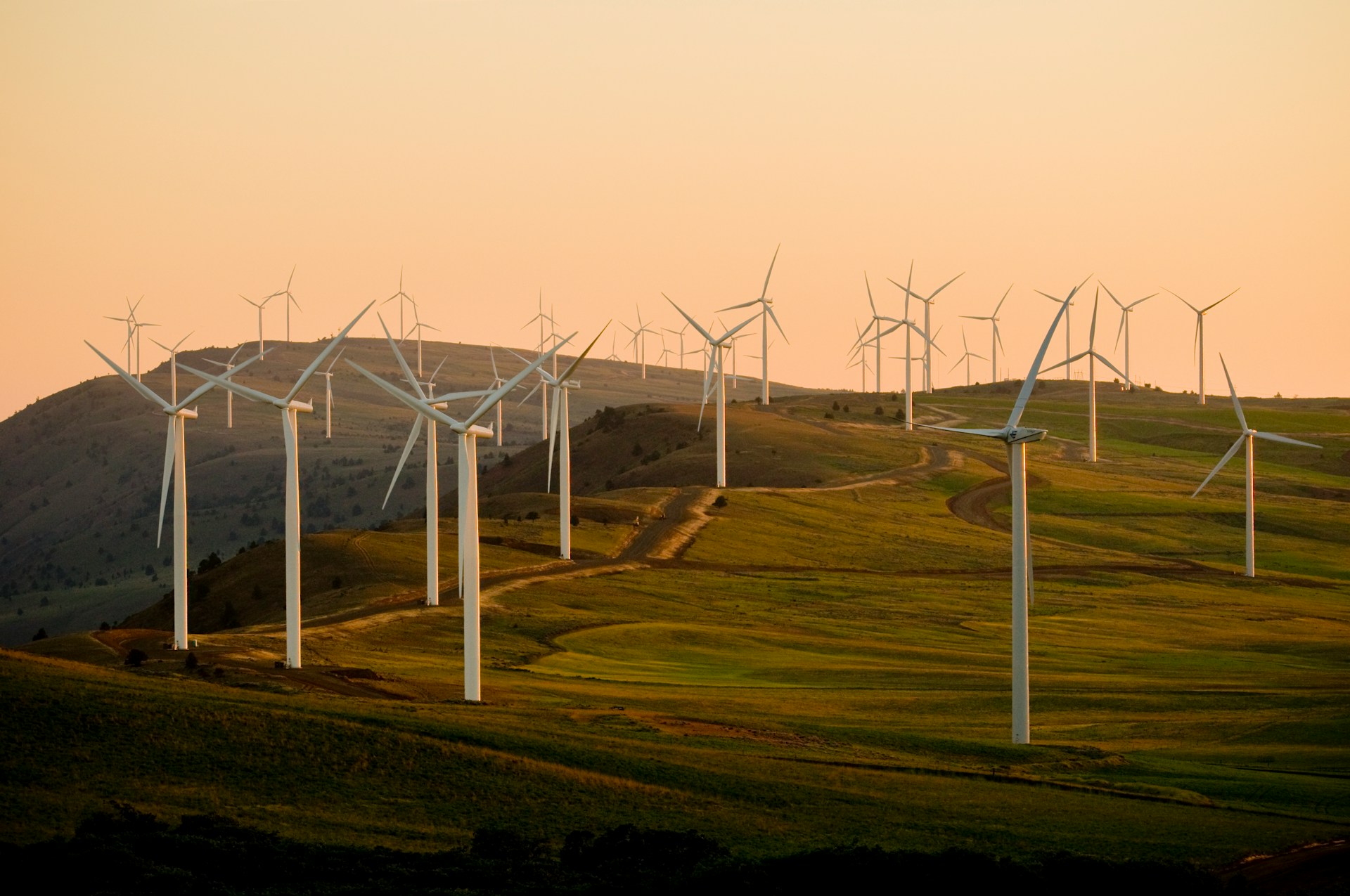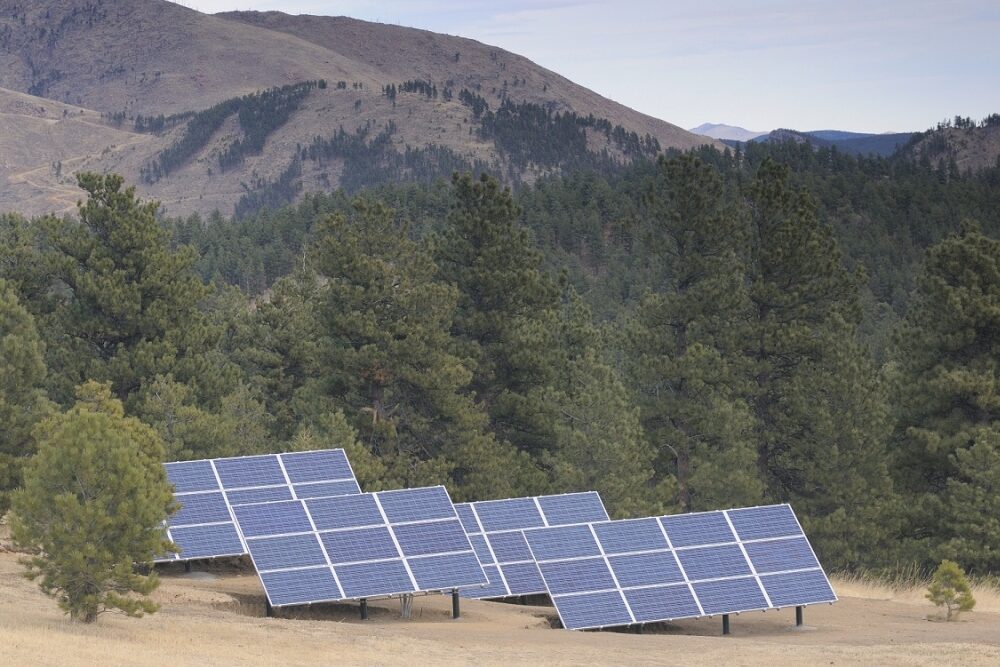Study finds industry is outpacing policy
By OLIVIA DOAK | [email protected]
PUBLISHED: February 6, 2024 at 1:36 p.m. | UPDATED: February 7, 2024 at 8:39 a.m.
A University of Colorado Boulder study found that utility companies nationwide are moving faster toward decarbonizing than state mandates, with companies leading the energy transition without waiting for policy to catch up.
Even in states without policies in place to require changes, utility companies are taking the initiative to create plans, set goals and take action to transition to renewable energy.
“There’s a lot of climate doomsday talk that goes around where people I think really latch on to all of the bad things that are happening and don’t think about all the people who … are trying to put together all the pieces,” said Grace Kroeger, who led the study for her undergraduate honors thesis at CU Boulder. “I was hoping to prove that we’re not exactly where we want to be, but that doesn’t mean that we are not going to get there.”
Matthew Burgess, a CU Boulder professor and co-author of the paper, said the motivation for the study was the observation that the private sector has been transitioning toward renewables faster than predicted. The authors predict the electric grid will decarbonize 100% by 2060 if utility companies stick to their goals.
“The thing I think is most interesting that we found is there are some states that don’t have policies at all, that don’t have renewable portfolio standard policy at all, where the utility plans suggest they’re planning to be close to carbon neutral electricity by 2050,” Burgess said.
The research compared state renewable energy targets with the goals of individual utility companies, which are typically published online. Burgess and Kroeger looked at 30 years of data to understand the renewable energy changes utilities made and the goals established through policy at the state level.
Xcel Energy, for example, plans to reach 100% carbon-free electricity by 2050. Andrew Holder, director of community relations at Xcel Energy, said he thought the study was well done and reinforced what he already suspected.
“It’s nice to see some data as you look throughout the United States and pinpoint the private industry is moving at a pretty fast rate regarding a carbon-free future,” Holder said.
Holder said energy companies in the United States are outpacing state policy because they’re recognizing opportunities and receiving unprecedented federal funding to transition to clean energy.
“Looking at the state of Colorado specifically, we’re one of the best places in the country for wind and solar energy … we have some of the best solar and wind resource territory in the country,” Holder said. “So just seeing that opportunity and understanding that is going to be part of the equation of reducing greenhouse gas emissions and moving into the future.”
Xcel itself has been leading the energy transition nationwide. In 2018, Xcel announced its plan reduce carbon emissions 80% by 2030 with a 2050 goal of being 100% carbon-free. Xcel announced this plan one year before Colorado passed state benchmarks to reduce carbon emissions.
“We were one of the first utility companies in the country to announce those types of aggressive clean energy goals,” Holder said, adding, “We see an opportunity for the state to harness these new types of technology, to power our grid and keep people warm.”
Burgess said the economics of renewable energy are strong, with the prices of solar energy having fallen dramatically in the last decade. In many places, solar and wind are the cheapest forms of new electricity. He speculates some companies may also be motivated by state-level spillovers, where one company that operates in multiple states chooses to decarbonize completely due to regulations in some of the states it services.
Kroeger said consumer desires may also be a factor as to why the industry is outpacing policy.
“There are so many people in the U.S. currently that are talking about the transition, thinking about it, and advocating for it that if it’s possible for utilities to facilitate that investment cost effectively now, then why not do that even in the absence of an actual policy?” Kroeger said, adding, “I think it paints a picture that a lot of these things are becoming cost-effective and economically feasible and that just works out well for everyone.”
Burgess said the caveat to the research is they analyzed utility plans, and it’s possible some companies may not reach their goals. But, he said, it’s also possible utility companies may exceed their goals.
“We can be optimistic about the records of the past suggesting that utilities have tended to do better than we expected,” Burgess said. “So just as it’s possible that we’re wrong on the high end and that some utilities might not meet their targets, it’s also possible that as technology continues to improve, as the economics continue to get better, as policies continue to come out at the state and federal levels, that the utility companies may even ramp up their ambition compared to what they’re planning today.”


